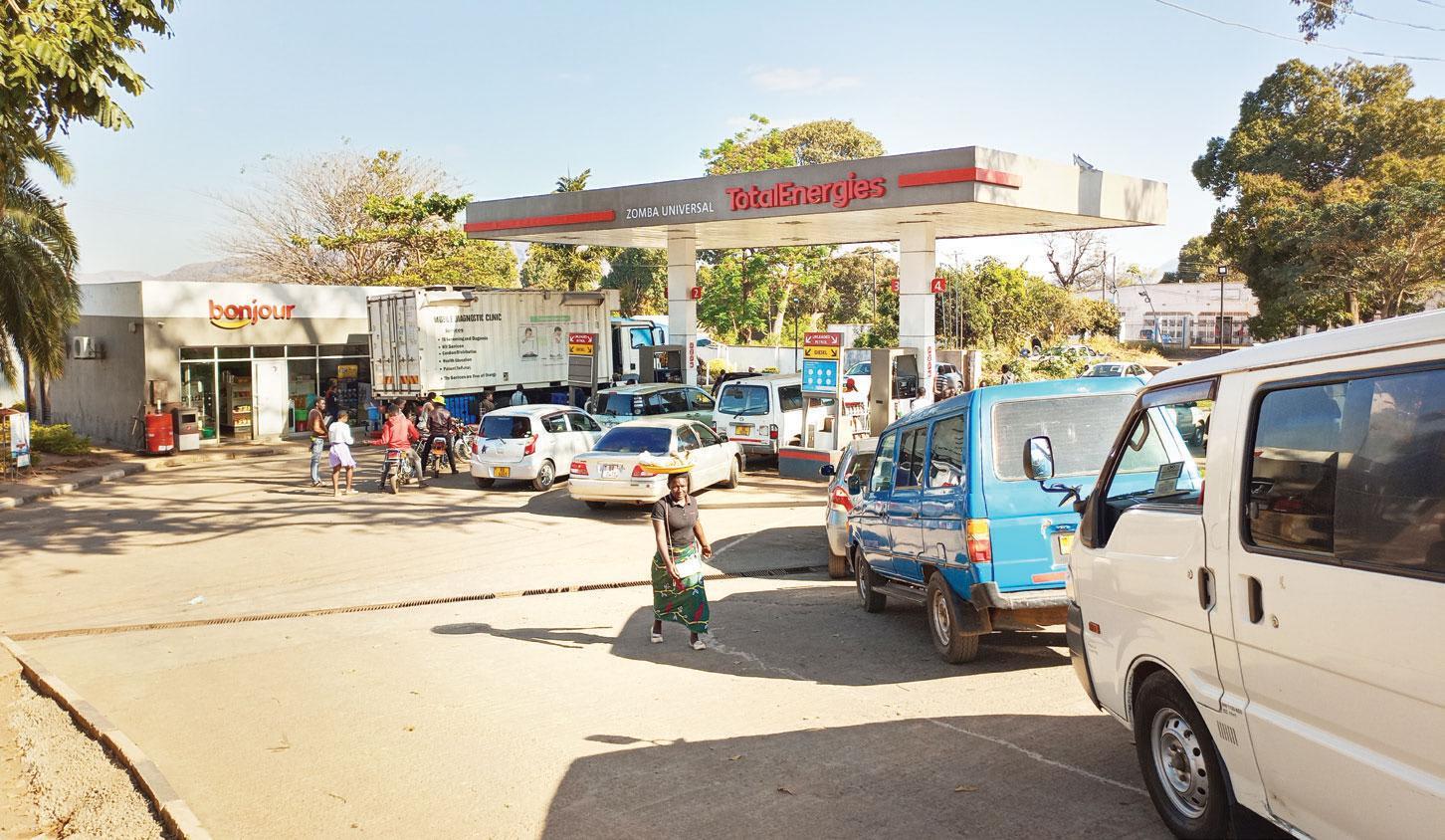Africa-Press – Malawi. The Malawi Energy Regulatory Authority (Mera) owes Petroleum Importers Limited (PIL) and the State-owned National Oil Company of Malawi (Nocma) over K950 billion in import losses via the Price Stabilisation Fund (PSF), which is empty of balances, the International Monetary Fund (IMF) has indicated.
IMF has disclosed this in its Article IV Consultations Report issued last week.
In addition, the fund says K450 billion worth of fuel-related levies remain unpaid to the government, crippling programmes meant to maintain and expand roads and rural electrification.
“The government plans an eventual fuel price increase (likely after the September election) sufficient to off-set costs and to replenish the Price Stabilisation Fund, although it could take it several years to clear the backlog to fuel importers,” IMF says.
Fuel pricing in Malawi is based on the automatic fuel pricing mechanism (AFPM), which was introduced in May 2012 as part of Extended Credit Facility (ECF)-supported programme reforms to ensure that pump prices reflect international oil price and exchange rate movements.
Mera sets fuel pump prices monthly, adjusted upwards or downwards if the change in the import price (IBLC) exceeds ±5 percent. If changes in the IBLC fall below ±5 percent, Mera compensates fuel importers through PSF.
This ensures relatively stable prices and cost recovery.
“However, the authorities suspended operation of the AFPM in November 2024 and, more recently, also suspended the open tender system, opting for a new Government-to- Government (G2G) fuel procurement system, citing Kenyan and Ugandan models.
“Due to the non-operation of the AFPM, Mera estimates that Malawian petroleum and diesel pump prices are now about 32 percent and 19 percent under cost recovery, respectively. This has led to an accumulation of arrears,” IMF indicates.
IMPOUNDED BY POLICE—JerrycansThe notes that given Malawi’s relatively higher mark-up formula (100 percent versus 60-40 percent in Tanzania and Zambia), ceteris paribus or all things being equal, prices in Malawi should be regionally higher.
“However, taking [into] account the over-valued Kwacha, prices are well below regional prices, prompting extensive smuggling and further burdening Malawi’s BoP [Balance of Payment position].
“Anecdotally, Zambians cross the border, convert to Kwacha in the parallel markets, purchase fuel and re-export informally back to Zambia,” the report says.
Mera spokesperson Fitina Khonje asked for ample time yesterday when asked to confirm the fuel losses figure.
In February this year, President Lazarus Chakwera rejected a Mera proposal to hike fuel prices by 30 percent amid concerns that it would worsen inflation in the country.
Recently, Nocma spokesperson Raymond Likambale said the G2G fuel procurement arrangement has, so far, cut costs by about $100 per metric tonne (mt).
Mera last hiked the price of fuel on November 10, 2023, a development that saw the price of a litre of diesel moving up from K1,930 to K,2,734 and that of petrol of similar quantity going up from K1,746 to K2,530.
The price of a litre of paraffin was hiked from K1,261 to K1,910.
Malawi has, of late, been facing fuel supply shortages, a development that has seen the reemergence of fuel queues.
Recently, police in Mangochi and Mchinji arrested people who were allegedly attempting to smuggle fuel to neighbouring countries through jerry cans.
For More News And Analysis About Malawi Follow Africa-Press






